Lesson Overview: Observation is a necessary skill for life and, therefore, an essential skill to teach young learners. In this activity, students will observe a tree, record their data, and make a prediction about future changes. This is a great way to introduce the scientific method and solidify concepts that take place during a particular season or all four! Use as a whole group activity or as a take-home investigation.
Recommended Grade Level: PreK, Kindergarten, First, Second, Third
Objectives(s): Students will be able to...
- Student(s) will observe and record data that represent the changes that occur over time in a tree.
- Students will make predictions about their tree.
- Student(s) will answer questions about their observations.
Implementation:
For the first observation, introduce the students to the tree they will be observing. Encourage them to use their senses and draw their attention to the various parts of the tree.
Touch: Feel the bark. It is smooth or rough? Hug the tree (yes, really : ). How big around is the trunk? Touch the branches. Are there any low hanging ones?
Smell: Smell the tree. Does it smell of sap?
Hear: Listen to the tree. Can you hear the leaves/branches move in the wind?
For each subsequent observation, give the students a copy of the "My Tree Observation" worksheet to complete or have them put each observation as an entry in their science journals. After they observe and record their data, use the following questions to discuss their findings, and to draw comparisons.
Questions:
- Is there anything different about my tree?
- Why has it changed?
- Are any of the changes measurable?
- What do I think it will look like next time I observe it?
Duration: You can choose how often you want the children to observe their tree. The weather in your area will obviously dictate this.
Assessment:
Students will be assessed according to their ability to:
- Observe a tree and record their data.
- Make 1-3 predictions about their tree.
- Answer 1-3 questions about what they have observed.

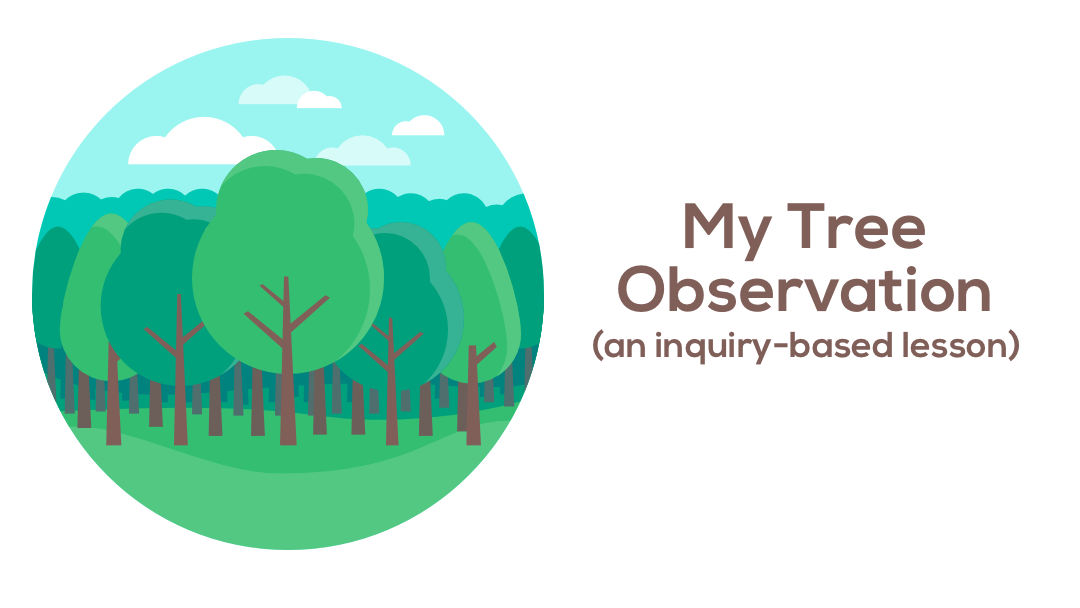

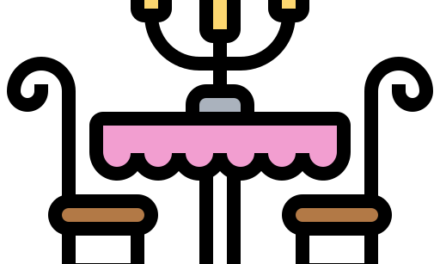
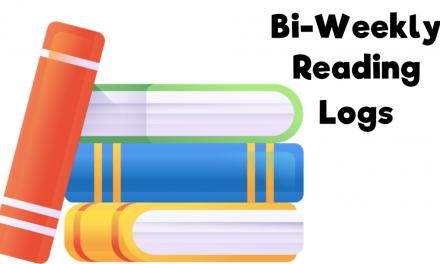
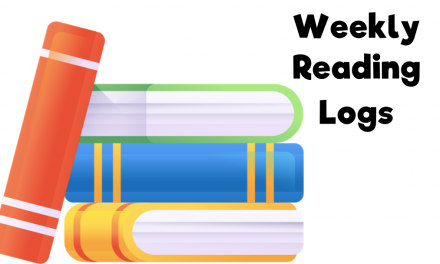
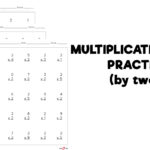
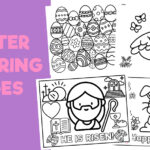
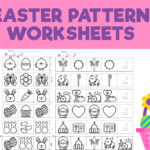

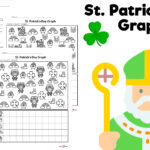
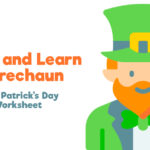


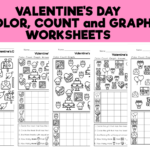

Recent Comments